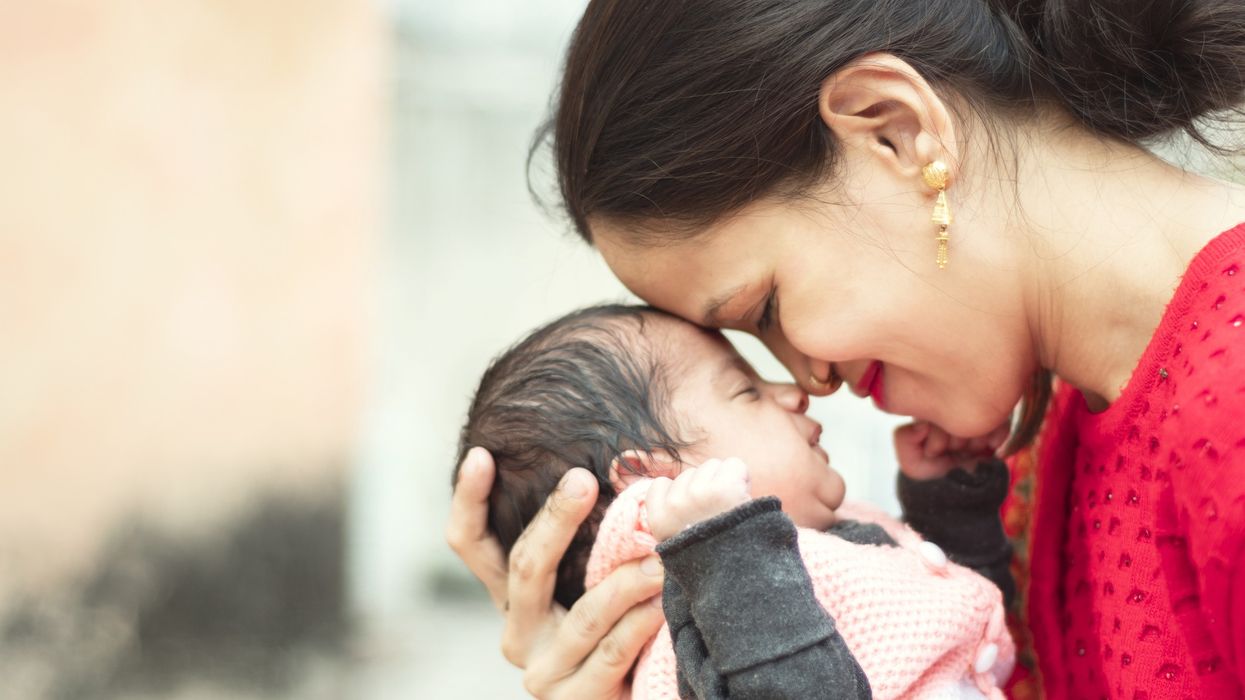A new study published in The Lancet reveals a significant decline in India's fertility rate. The Total Fertility Rate (TFR), which represents the average number of births per woman, has dropped from a staggering 6.2 in 1950 to just under 2 in 2021. This trend is expected to continue, with projections suggesting a further decrease to 1.29 by 2050 and 1.04 by 2100.
India's declining birth rate mirrors a global phenomenon. The study found that the worldwide TFR has fallen from over 4.8 children per woman in 1950 to 2.2 in 2021, with projections of a continued decline to 1.8 and 1.6 by 2050 and 2100, respectively.
Although, India has surpassed China in being the most populated nation, this new challenge is affecting the people of India.
While a declining birth rate can present environmental benefits by reducing strain on resources, the study also highlights potential challenges. This demographic shift, with a growing elderly population and shrinking workforce, could put stress on national health insurance, social security programs, and healthcare infrastructure.
Researchers from the Global Burden of Disease project a concerning demographic divide in the 21st century. While many countries grapple with declining birth rates, low-income regions, particularly in sub-Saharan Africa, are expected to continue experiencing high fertility.
This will result in a situation where most children are born in the poorest parts of the world. Further compounding the problems, these high-fertility regions are likely to face the brunt of climate change, with increased floods, droughts, and extreme heat.
These factors threaten food, water, and resource security, while significantly raising the risk of heat-related illnesses and deaths.

Challenges for India
For India, the specific implications of this trend include:
- An ageing population: With fewer young people entering the workforce, India could face labour shortages in the coming decades.
- Social imbalances: Gender preferences for sons may lead to further social imbalances.
- Economic considerations: Economic policies and reforms will be crucial to adapt to and mitigate the impacts of declining fertility rates.
A call to action
Experts like Poonam Muttreja, Executive Director of the Population Foundation of India (PFI), emphasise the need for a comprehensive approach to address these challenges. Promoting gender equality and reducing the societal burdens of motherhood are seen as critical steps.
The study also suggests that improving women's access to education and contraceptives can play a significant role in managing population growth.
In an effort to address population growth, the Indian government is making family planning a priority. Mission Parivar Vikas targets 145 high-fertility districts across seven states, increasing access to contraceptives and family planning services.
The Ministry of Health is further expanding options by introducing two new contraceptives: an injectable option ("MPA" under the Antara program) and a new pill ("Chhaya") available within the public health system.
A global issue
India is not alone in facing this demographic shift. The Lancet study predicts that by 2050, an alarming 76 per cent of countries will have TFRs below replacement level, rising to a staggering 97 per cent by 2100.
South Korea's birth rate plummets again, dropping 8 per cent in 2023 to a shocking 0.72 children per woman – the world's lowest. This rate, far below the 2.1 needed for a stable population, deepens the country's demographic crisis, raising concerns about a future with a shrinking workforce and strained social programs.
This global trend necessitates a proactive approach from governments and societies worldwide. Investing in policies that empower women, address the economic burdens of child-rearing, and promote sustainable population growth are critical steps for a stable and prosperous future.




